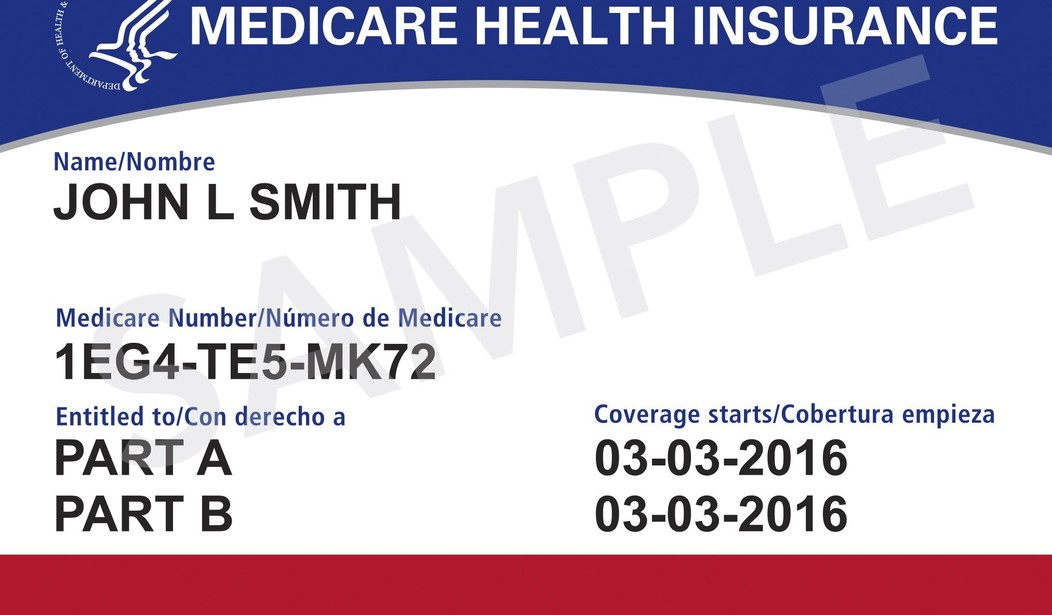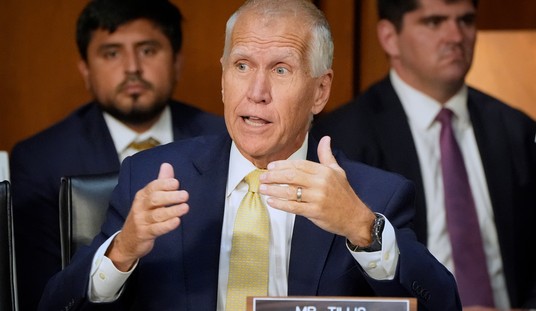For at least 15 years, I’ve been writing about the coming entitlement implosion involving Medicare and Social Security. While these programs must be funded, both have been in big trouble because the number of recipients for both programs has been growing rapidly.
For Social Security, this means that sometime in the middle of the next decade, the Trust Fund will be running on empty. Presumably, Congress will act before then either by raising Social Security taxes, cutting benefits, or both.
But Medicare was all set to be a huge problem because not only was the number of recipients growing, but healthcare costs were also skyrocketing. It was an issue that Medicare experts were having a hard time coming to grips with.
But now, hidden in a 2019 study, is some truly shocking data. Spending per Medicare recipient has leveled off. This has saved an astronomical amount of taxpayer money — $3.9 trillion relative to budget projections — and Medicare spending itself has virtually been tapering off over the last decade.
The study, a 2019 Health Affairs study co-authored by David M. Cutler, Ph.D.,a Harvard University economist and one of the main architects of the Affordable Care Act (ACA), shows that while the number of Medicare recipients has grown, spending per recipient has not matched projections.
Some scholars think the savings may be temporary. There were some efficiency savings after Obamacare was passed, and there were other cuts to payments made to providers in 2011 as part of the budget deal. But otherwise, most of the savings are a mystery.
Older Americans appear to be having fewer heart attacks and strokes, the likely result of effective cholesterol and blood pressure medicines that became cheap and widely used in recent years, according to research from Professor Cutler and colleagues. And drug makers and surgeons haven’t developed as many new blockbuster treatments recently — there has been no new Prozac or angioplasty to drive up spending. (Medicare is currently barred by statute from covering the new class of expensive anti-obesity drugs.)
Parts of the health system appear to have become more efficient, as medical providers have been more cautious about adopting new therapies without much evidence, and more care has shifted outside hospitals into cheaper settings.
“The reduction in acute cardiovascular events has been dramatic: Hospital admissions for ischemic heart disease are down 56% since 1999, and admissions for stroke have fallen by 41%,” the study said.
What this comes down to is a massive overestimation of Medicare and Medicaid spending per recipient, not the number of recipients. “Less-than-anticipated spending for prescription drugs in Medicare Part D and for long-term services and supports … in Medicaid were two significant sources of error in CBO’s 2010 projections.”
What’s interesting about all this is that the CBO flubbed it. Missing a projection by $3.9 trillion over a decade should force some heads to roll because the erroneous projections were cooked into other projections and gave Congress a false view of Medicare spending.
“The slower growth in Medicare spending is a combination of developments we understand well, such as improved cardiovascular health due to increased control of blood pressure and cholesterol—preventive care—and factors that we do not understand well, whatever is behind CBO’s technical adjustments (changes in public health and medical practice),” Paul B. Ginsburg, Ph.D., a professor at the University of Southern California, told Fierce Healthcare.
Ginsburg, the CBO’s deputy assistant director decades ago, remembers the studies being churned out year after year warning of a Medicare apocalypse.
“It’s routine that every year they take a look when they get the new data,” Ginsburg said. “They look at their projections, which ones were right on and which ones were off by a lot. And the ones that are off by a lot, they do the best they can to explain—at least to themselves—why they think their forecast was off.”
“If Medicare spending had grown the way it had for much of its history, federal spending would have been $3.9 trillion higher since 2011, and deficits would have been more than a quarter larger,” according to the New York Times. That’s not an insignificant amount. And you have to wonder what other flawed, “mysterious” analyses are misleading Congress and the American people.










